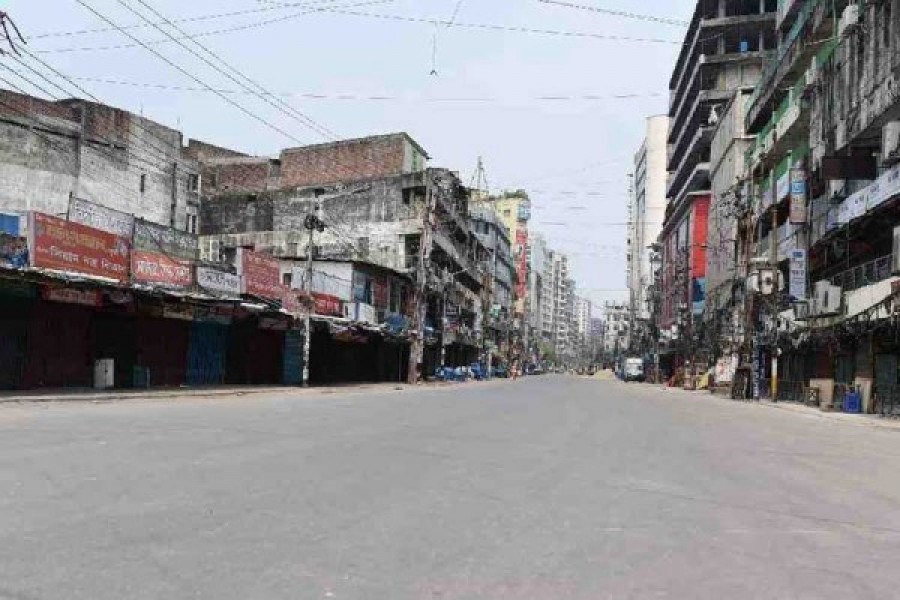
Published :
Updated :

The eight days' pre-Eid-ul-Adha relaxation of the lockdown from July 15 has witnessed cattle markets packed with people buying or selling sacrificial animals. But few of the people in those markets, be they visitors or cattle traders, were found maintaining social distancing or wearing face masks.The scene was not different at the bus, launch and ferry terminals or train stations. Everywhere one could see the same disregard for the health safety rules, though there were strict government instructions to observe those. The same casual attitude towards the health protocols was noticed among the passengers as well as operators of buses and launches bound for the outlying districts. Admittedly, all such developments have happened in the face of the government's expectation that the risks involved in relaxing the lockdown, could be covered by strict maintenance of the health guidelines. And now there is the added concern over the post-Eid cityward traffic of holidaymakers from the countryside where, especially, in the districts close to the border, the positivity rate of the pandemic is on a steep rising curve. As such, the possibility that many of those coming back to the city from the remote districts are potential carriers of the coronavirus cannot be dismissed out of hand.
Under the circumstances, the government will be required to take stricter measures to address any risk of community level spread of the virus in the city. Understandably, the14 days' fresh lockdown now in place since July 23 is meant to combat any fresh bout of pandemic transmission in the city. In this connection, the government would do well to introduce some harsher anti-pandemic measures such as making wearing of facemask and maintenance of social distancing mandatory in the city. For example, not wearing face mask or failing to maintain social distancing while attending government or private offices or any other workplace can be declared a punishable offence. Also, for the general public and others, various kinds of incentive could be thought of as a reward for those properly observing the health guidelines. In a similar vein, a massive campaign can be launched across the nation with the participation of the voluntary organisations, the government's publicity wings and the media on the benefits of wearing face masks, observing social distancing and other health safety rules.
At this point, the good news amid such worries over an upward trend in pandemic infection, some calling it the second wave, is the arrival of large quantities of vaccines from diverse sources. It is believed that the mass vaccination programme, as it has resumed after a break of more than two months, would now provide a much-needed filip to the government's efforts to bring the pandemic under control. On this score, it is reassuring to learn that the common people seem to have realised the importance of vaccination. Which is why, they were found standing before the vaccination centres in long queues to get the jab. This definitely marks a significant change in the mindset of the general public, who earlier were rather apathetic, even sceptical, about vaccines. As such, the imperative at this stage would be to continue the ongoing vaccination programme without interruption. This is to ensure that at no point the general public gets disinterested in or frustrated about the inoculation drive.


 For all latest news, follow The Financial Express Google News channel.
For all latest news, follow The Financial Express Google News channel.